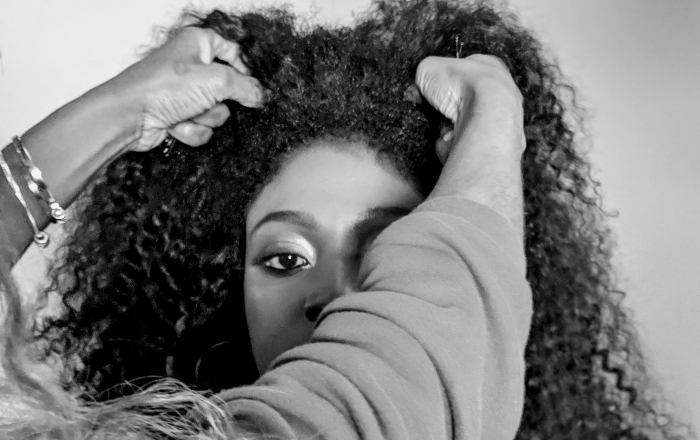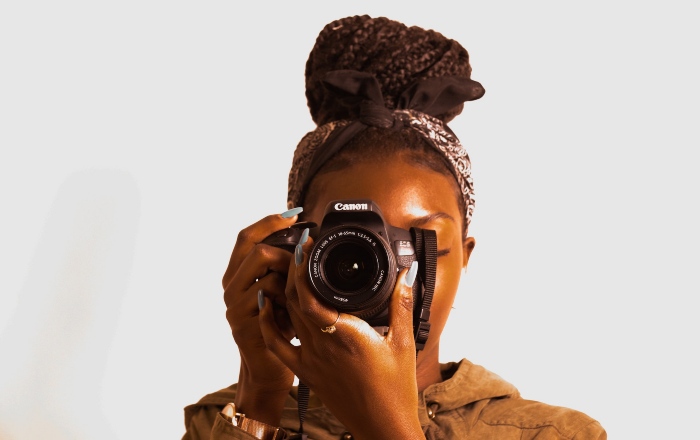Photography is an art form that has become increasingly popular thanks to the widespread availability of cameras and the rise of social media. However, photographers in Indiana must be aware of the laws and regulations that govern their work. These laws are designed to protect the privacy and rights of individuals and businesses, and violating them can result in serious consequences. In this article, we will provide an overview of Indiana photography laws, including the right to privacy, laws on photography in public and private places, commercial photography, photography of children, photo release forms, and consequences of violating these laws.
Indiana Laws on Photography in Public Places
In general, photographers are allowed to take pictures in public places in Indiana without obtaining consent. This includes taking pictures of buildings, streets, and other public areas. However, there are some limitations to this right. For example, photographers are not allowed to take pictures of individuals who have a reasonable expectation of privacy, even if they are in a public place. Additionally, photographers are not allowed to interfere with the normal operations of public places, such as blocking walkways or disrupting events.
It is also important for photographers to be aware of their surroundings and to respect the privacy and rights of others. For example, if a photographer takes a picture of a person in a public place and that person requests that the picture be deleted, the photographer must comply with that request. Failure to do so can result in civil and criminal penalties.
Laws on Photography in Private Places in Indiana
In general, photographers are not allowed to take pictures in private places without obtaining consent. This includes locations such as homes, businesses, and other private areas. However, there are some exceptions to this rule. For example, if a photographer is invited into a private place and takes pictures with the consent of the owner, then they are allowed to do so. Additionally, if a photographer takes pictures of illegal activity in a private place, they may be allowed to use those pictures as evidence in a court of law.
It is important for photographers to obtain consent before taking pictures in private places. This can be done through a written or verbal agreement, and should clearly outline the purpose of the pictures and how they will be used. Failure to obtain consent can result in civil and criminal penalties.
Comparison with California Photography Laws
While many states have similar laws and regulations governing photography, there are some differences between Indiana and other states. For example, in California, photographers are required to obtain consent from individuals before taking pictures for commercial purposes, even if those pictures are taken in a public place. Additionally, California has specific laws governing the use of pictures of celebrities and public figures. So, you can check how Photo Release Form in California looks.
Photographers who work in multiple states should be aware of the differences in photography laws between those states, and should take appropriate precautions to ensure that they are in compliance with all relevant laws and regulations.
Consequences of Violating Indiana Photography Laws
Violating Indiana photography laws can result in serious consequences, including civil and criminal penalties. In general, photographers who violate the right to privacy of individuals or businesses can be subject to civil lawsuits and monetary damages. Additionally, photographers who take pictures of illegal activity or who use pictures for commercial purposes without consent can be subject to criminal charges.
It is important for photographers to be aware of these potential consequences and to take appropriate precautions to ensure that they are in compliance with all relevant laws and regulations. This can include obtaining consent, using photo release forms, and respecting the privacy and rights of individuals and businesses.
Conclusion and Best Practices for Photographers in Indiana
In conclusion, Indiana photography laws are designed to protect the privacy and rights of individuals and businesses. While these laws can be complex and vary depending on the situation, photographers who take appropriate precautions and obtain consent can avoid potential legal issues and ensure that their work is respectful and lawful.
Some best practices for photographers in Indiana include obtaining consent before taking pictures in private places, using photo release forms for commercial purposes, and respecting the privacy and rights of individuals and businesses. Additionally, photographers should be aware of the potential consequences of violating Indiana photography laws, and should take appropriate precautions to ensure that they are in compliance with all relevant laws and regulations.
Readers May Also Like:

E-Commerce Shopping Roundup: Shein vs Temu

8 Creative Ways To Style Your Human Hair Wig & Lace Front Wig For A Fab Look

Moissanite Rings – Perfect Choice for the Modern-Day Bride

Prescription Glasses: What You Need to Know Before You Buy

